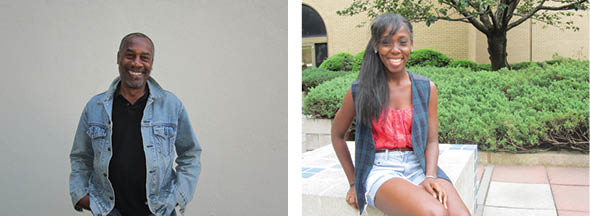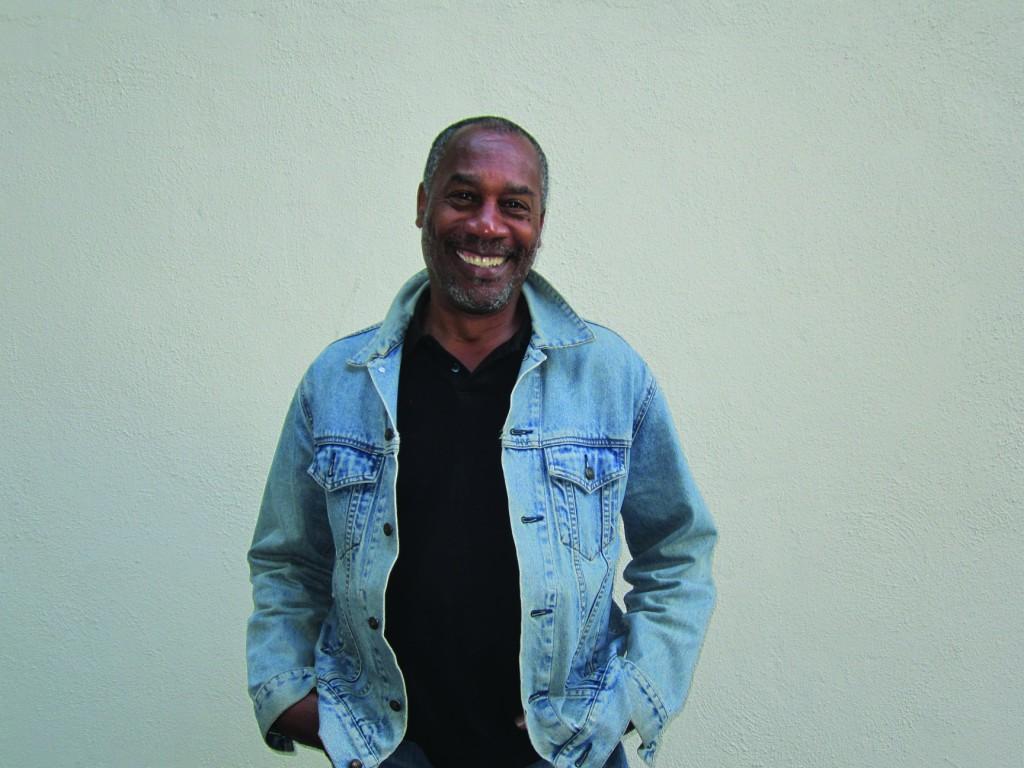Denzel Theater Scholar, Chair Named
September 19, 2012

In 2011, Academy Award-winning actor Denzel Washington, Fordham College at Lincoln Center (FCLC) ’77, donated $2 million to create an endowment for the Denzel Washington Chair in Theatre position and added another $250,000 to create a scholarship for a minority undergraduate student studying theatre. Citing his late professor, Bob Stone, for inspiring him, Washington said, “I wanted to create the Denzel Washington Endowed Scholarship and Chair in Theatre at Fordham in order to offer the next generation of students positive influences.”
Last year, the first chair position went to Phylicia Rashad (of Clair Huxtable fame) and this year, the honor went to Tony-nominated Joe Morton, accomplished actor of stage, film and television. Mayaa Boateng, FCLC ’13, a theatre student and actor, received the scholarship this year. Boateng is the first student to receive the award.
In an interview, Mayaa Boateng spoke with The Observer about her scholarship, her acting and her future career.
Observer: You’re the first student to receive the award. Can you give us some background on how you were chosen?
Mayaa Boateng: I had no idea the Denzel Washington Scholarship was beginning this year! When I received the letter in the mail, you can just imagine my shock. Receiving this scholarship has taught me that you are always being watched, so keep pushing forward and striving for your best because there may be someone waiting to acknowledge your hard work and reward you for it. I want to send all my thanks, gratitude and love to Mr. Washington, Fr. McShane, Matthew Maguire and the rest of the Fordham theatre faculty for recognizing that in me. My appreciation is simply indescribable.
Observer: How important do you find the arts to be in youth education?
MB: I know how much of a difference the arts and arts education have had on my life and its existence is imperative not only to individual lives but to communities as well. I think communities, schools, colleges and universities need more arts scholarships and arts programs. I think that it’s a shame that arts programs in schools and organizations around the nation are rapidly decreasing.
Observer: Where do you hope to see your career going after graduation?
MB: I want to continue to hone my skills as a performer, an actor and an artist. I am passionate about arts and activism and using the arts to bring about social change. So my dream is to become the best actor/performer I can be in order to heal and help the lives of others in a creative and revolutionary way. I believe that everyone is called to do something and everyone has a purpose; mine is to live a life in the arts. My purpose is to use my talents in a way that transforms lives for the better. This purpose is what keeps me going.
Replacing Phalicia Rashad as the holder of the Denzel Washington Chair in Theatre this year is Joe Morton. Morton is best known for winning a Tony Award in “Raisin” and as Miles Dyson in “Terminator 2: Judgment Day.”
Observer: How did you get started?
Joe Morton: In the earlier days when I was getting out of school, the roles put out for black men were usually pimps and drug dealers and so forth. I made a self-determination that someone would take those jobs, but it wouldn’t have to be me. I think I got the part [of Miles Dyson] because I told him a joke. He asked me why I wanted the part and I said something Richard Pryor had said, that the reason black people die in sci-fi movies (or are not in them at all) is because Hollywood doesn’t perceive us as being around in the future.
So I believe it’s important to reach kids who aren’t necessarily interested in basketball, aren’t necessarily interested in the track team. There are other kinds of ways of producing and being involved in group activities. A play is one of them. You learn how to read; you learn how to build. It upsets me that a lot of our American education devalues creativity and considers it something of an extracurricular as opposed to part of the everyday education.
Observer: What do you most want your students to learn?
JM: There are five general questions that I gave at the outset of the class that should be applied to every line and every character in the script and they are: Who am I? Where am I going? Who do I expect to meet? The last two are the most important: What do I want, and to what extent will I go to get it? I think some of the difficulty we get involved with is what we think the director wants, what we think the script is about. I want my students to learn how to break down a script and then how to learn to approach building a character from both what they learned from the director, what the script has to say and what they bring to it. What their imagination tells them about the character.













